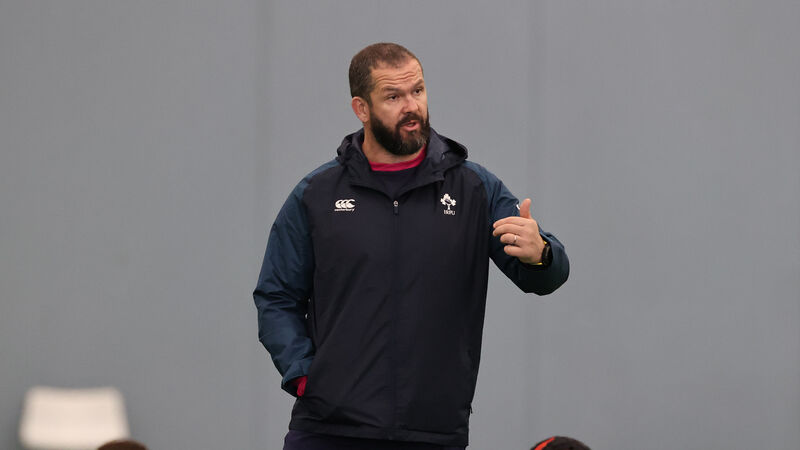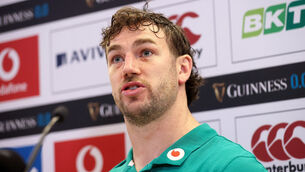Donal Lenihan: All about the process as Andy Farrell's Ireland continue to meet challenges

MAIN MAN: Ireland head coach Andy Farrell at the IRFU High Performance Centre in Blanchardstown on Tuesday. Picture: INPHO/Billy Stickland
Process is a word that anyone with a remote interest in following professional sport has become accustomed to over the last decade.
Barely a post-match interview goes by now without someone mentioning a slavish devotion to “sticking to the process” in terms of the way teams go about breaking down the opposition and implementing their game plan.













